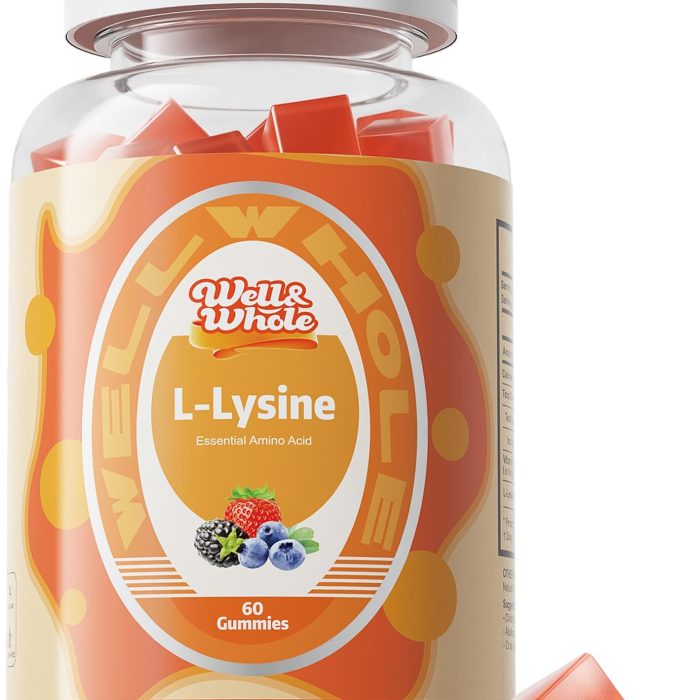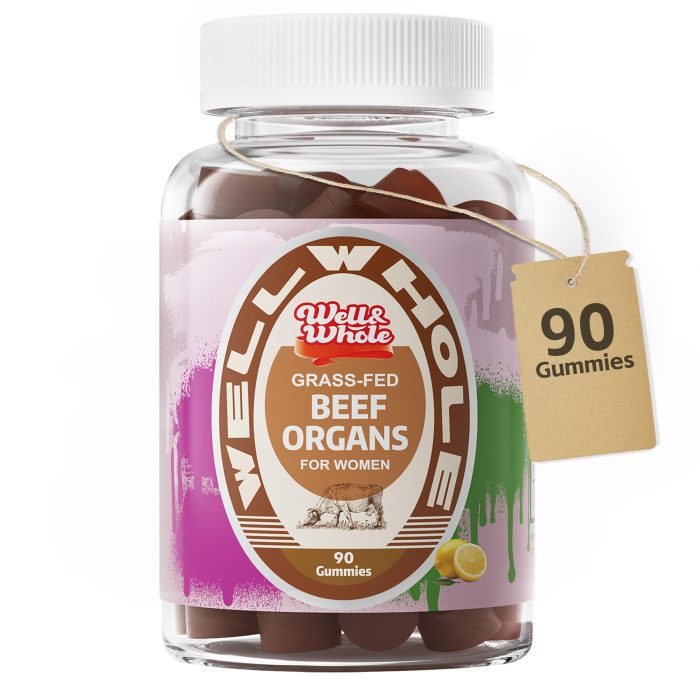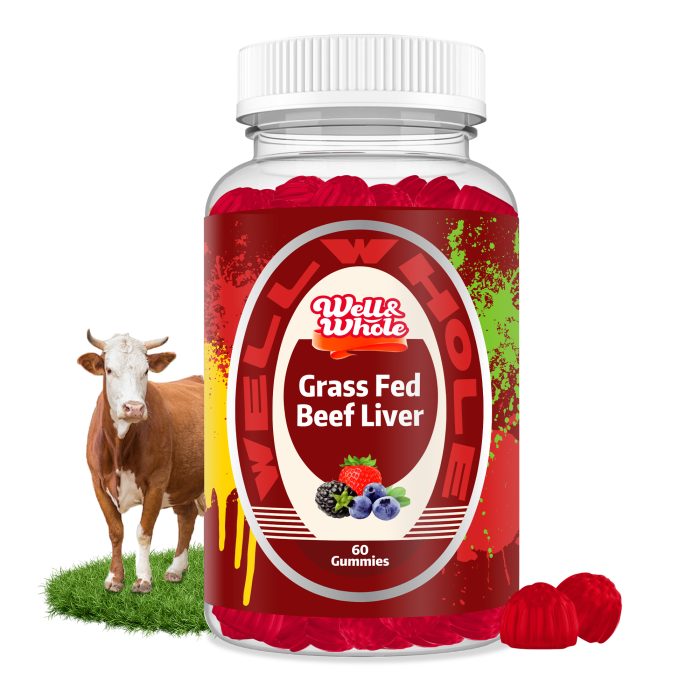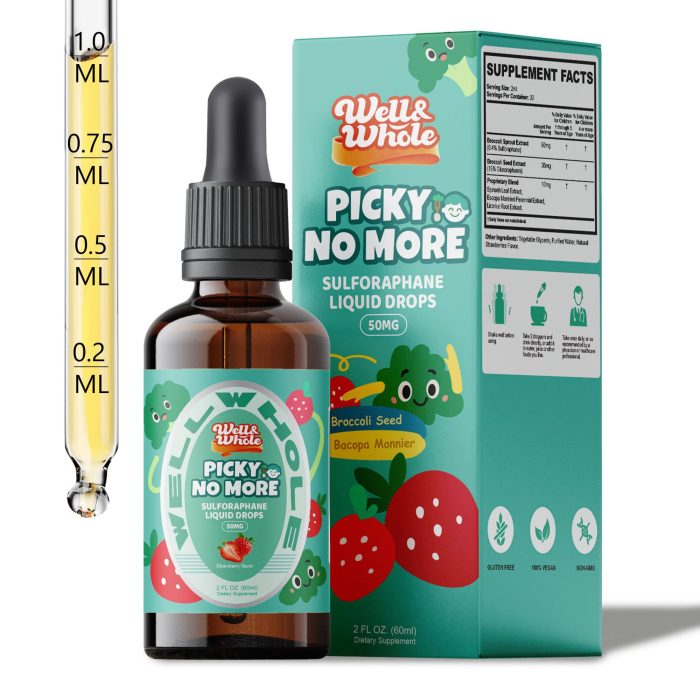The Role of Meat Protein in Maintaining a Healthy Lifestyle
When it comes to achieving optimal health, one of the most persistent debates revolves around whether meat protein is essential. Are proteins derived from animal sources the key to achieving a balanced diet, or can plant-based alternatives meet the same nutritional demands? Let’s uncover the truth and provide actionable insights to guide healthy living decisions.
Understanding Protein’s Essential Role
Proteins are fundamental building blocks of the human body. They support tissue repair, muscle growth, enzyme function, and hormone regulation, making them indispensable for overall wellness. While meat is undoubtedly a rich source of high-quality protein, there are compelling reasons to explore alternatives that can deliver comparable health benefits.
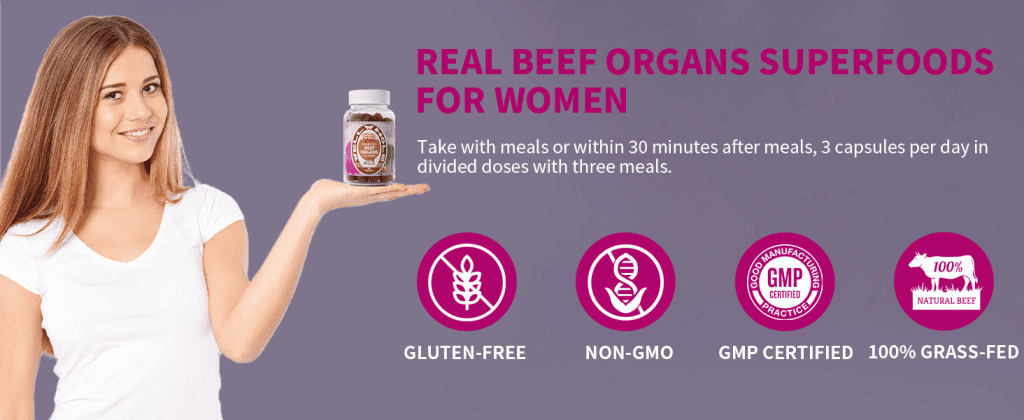
Animal proteins, such as those found in poultry, beef, and fish, are classified as complete proteins because they contain all nine essential amino acids. These are amino acids that the body cannot produce on its own, so they must be obtained through diet. By comparison, plant-based proteins often lack one or more essential amino acids but can become complete by pairing complementary sources, such as beans and rice.
Do We Need Meat Protein for Full Nutrition?
The short answer is no—meat protein is not strictly necessary for maintaining good health. Individuals can achieve sufficient protein intake and balanced nutrition through a variety of plant-based sources, including lentils, quinoa, tofu, and tempeh. This is particularly crucial for people with dietary restrictions, ethical beliefs, or environmental concerns tied to meat consumption.
Here’s the science: A study published by JAMA Internal Medicine found that individuals who followed plant-based diets had a lower risk of heart disease, improved blood pressure levels, and a longer lifespan compared to meat-heavy diets. Still, the potential nutritional gaps in plant-based diets should not be overlooked. Certain vitamins and minerals like B12, iron, and omega-3 fatty acids are less abundant in plants and may require supplementation or careful monitoring.
Balancing Meat and Plant Proteins
As a leading trade company in health and wellness, Well&Whole advocates for informed decisions tailored to personal health goals. Incorporating a mix of high-quality protein sources—both animal and plant-based—can deliver a wide spectrum of essential nutrients and maximize overall health outcomes.
For individuals prioritizing meat protein, opting for grass-fed and lean meats is strongly recommended, as they contain fewer harmful fats and more heart-healthy omega-3 fatty acids. On the other hand, vegetarians and vegans can maximize their protein intake by combining complementary plant sources to form complete protein profiles.
Tips to Optimize Protein Intake
If the goal is to create a balanced diet that promotes vitality, protein consumption should be guided by intentional choices:
- Diversify sources: Include protein-rich foods like legumes, nuts, eggs, fish, or tofu.
- Supplement wisely: Fill gaps with high-quality supplements, such as Well&Whole’s protein-enhanced health products, which are tailored for both meat-eaters and vegans.
- Measure intake: Adults typically require 0.8 grams of protein per kg of body weight daily, but active individuals may need 1.2–2.0 grams per kg.
- Pair nutrients: Combine proteins with fiber-rich foods to enhance digestion and extend fullness.
Ethical and Environmental Benefits of Plant Proteins
Aside from health, it’s worth considering the wider impact of dietary choices. Meat production has been widely associated with higher carbon emissions, water usage, and ethical controversies. Switching to more plant-based proteins can substantially reduce your ecological footprint while sustaining a nutrient-rich lifestyle.
Final Thoughts
Meat protein is not a requirement, but instead, one option among many when it comes to meeting daily protein needs. With the wide availability of plant-based and enriched alternatives, modern diets can adapt to fit individual values, preferences, and health profiles. By combining thoughtful nutrition strategies with the support of science-backed products like Well&Whole, your dietary choices can deliver superior benefits while embracing sustainability.
Ultimately, the choice between meat and non-meat proteins is a personal one, but whatever path you choose, understanding how to fulfill your protein needs effectively is the key to living a healthier, more vibrant life.


